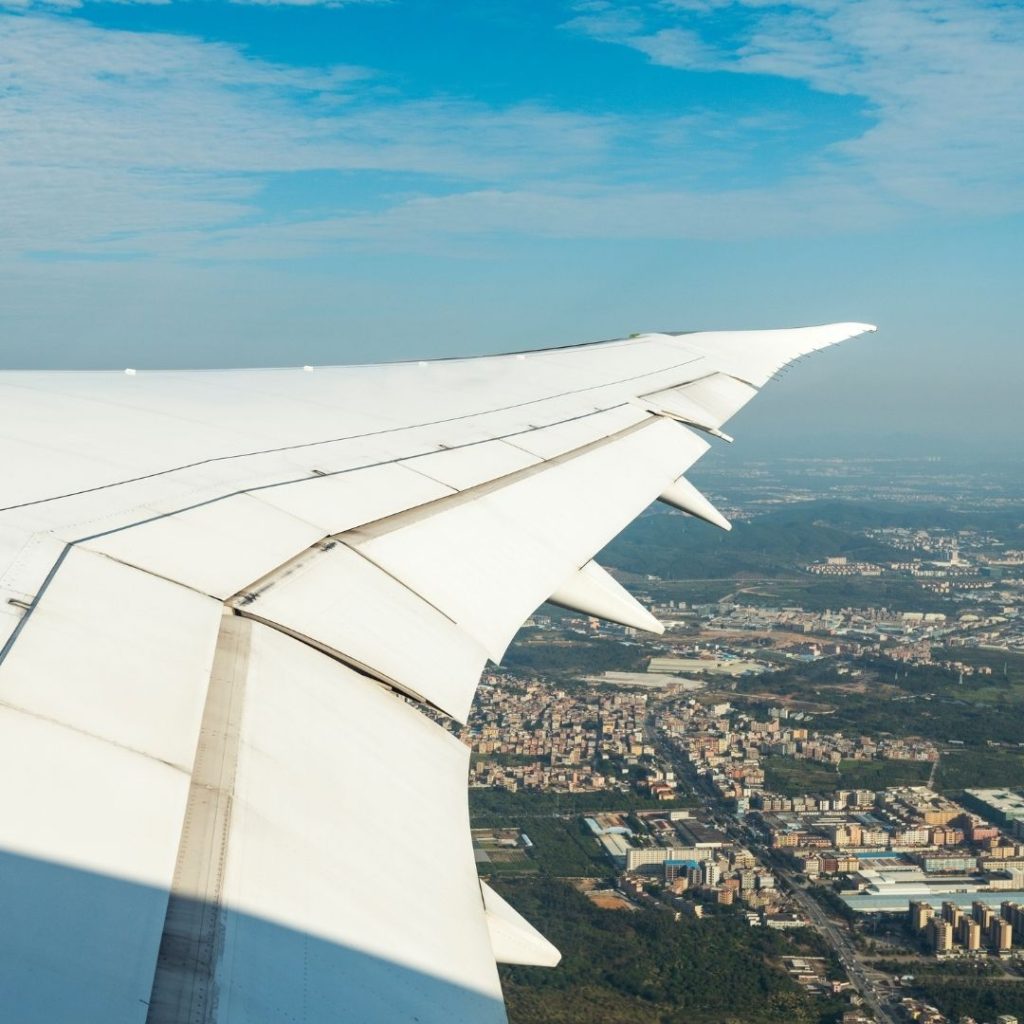
Beneath the bewildering world of traffic lights and white-lists, the world of travel is slowly starting to open up. The key question is which countries should you visit when you start international travel once more?
Pre-covid, there was much talk of over-tourism. Destinations that had traditionally welcomed visitors with open arms, such as Venice, Barcelona and Lisbon had almost declared war on the international traveller, imposing tourist taxes, barring cruise ships and day-trippers, while locals adorned walls with graffiti making it abundantly clear that tourists were not welcome in their neighbourhoods.
Now countries are once more turning towards tourism revenue to stoke their economic recovery and provide much-needed income for those very same communities. Few of us advocate returning to the bad old days of mass tourism, but the past eighteen months has shown us how vital tourism revenue is to local economies. So, which international travel destinations should we elect to visit first in order to make the greatest, positive impact while having a well deserved holiday?
Red, Amber or Green
The first question is, of course, where can we travel? To provide a definitive answer to this question is as futile as painting the Humber Bridge. As soon as we state categorically that we can travel to certain destinations, such as Portugal, a new variant is discovered, and the traffic light changes colour forcing us to make an emergency stop. And that is not allowing for those people who get stuck on their holidays when the traffic light changes colour.
Last year, I was on a trip to Switzerland hosted by the Swiss Tourism Department, when the UK Government altered the travel status of the Alpine nation. Fortunately for us, the tourism department purchased a new ticket home a day earlier than intended, so we were able to land at Heathrow before turning into metaphorical pumpkins. Many were less fortunate than us, frantically checking to see if they could reschedule their flights and whether their insurance covered their losses. My key advice to you is that before you commit to any international travel you choose travel insurance to cover such an eventuality. I like to use Battleface Insurance when I travel.
Even when the UK Government is content for us to return home without entering quarantine, this does not mean the destination nation is equally as welcoming.
Take St Helena for example. This year, the remote island off the coast of Africa is celebrating the bicentenary of Napoleon’s death there. Chartered flights commenced on 21 June from London Stansted Airport with Titan Airways. St Helena is also one of the countries – at the time of writing – on the UK Government Green list. Sounds perfect? The only catch is that you have to quarantine for 10 days upon arrival – recently reduced from 14 days – not exactly perfect for your two-week vacation.
Rediscovering Lost Treasures
If you have a bit more time to plan your journey, this might be a good time to do some Covid crystal ball gazing. With a fair wind the likelihood is that certain long-haul destinations will open up for travel in time for the autumn/winter season.
Currently, Phuket is trialling what is described as the sandbox plan where from 1 July, double-vaccinated travellers are able to visit the Thai island without entering the normal 14-day quarantine period, so long as they do not venture to other parts of the country. The Thai government is aiming to vaccinate 70% of the islanders to facilitate this process.
Quite how this will work in practice remains to be seen, but there is a strong possibility that once Thailand starts allowing quarantine-free travel to its borders, other countries in the region will follow.
Instead of heading to the, for now at least, deserted beaches of Thailand why not head for neighbouring Cambodia? Having spent ten years in the country, I know Cambodia very well and have many friends still living there. They all say how serene Angkor Wat is without any tourists. This really is a once in a lifetime opportunity to visit one of the most amazing temple complexes in the world bereft of tourists, in a way that has not been possible since the 1990s.
The country has the most advanced vaccination programme in Southeast Asia, after Singapore, and the hope is that towards the end of the year – possibly November – the current onerous quarantine entry requirements will be relaxed as the country achieves 70+% adult vaccination rates. This should allow you to visit Angkor, sample the wonderful cuisine, visit eco-lodges such as the Cardamom Tented Camp, and relax on deserted – even pre-Covid – beaches, as you escape the UK winter.
Fights with airlines such as the world-beating Singapore Airlines are currently priced only slightly above those in 2019, and hotel rates are a snip. However, if you book now, make sure you check the cancellation policy on your travel insurance.
Slow Tourism Off-the Beaten Track
It seems almost inevitable that when international tourism does return, multi-stop tours will be the last to recover. However hard it is to visit Thailand or Cambodia at the moment, just imagine trying to visit both, and throw in Laos and Vietnam into the mix too.
The 21-day, four-nation Indochina tour will return, but hopefully not too soon. This will allow us to enjoy travel to a region as it should be experienced, spending longer in each destination, sharing more with the host community and helping to invest more in their future.
Responsible tourism companies, such as Yaana Venture that runs the above mentioned Cardamom Tented Camp, work closely with local communities investing in their education and long-term livelihoods as well as preserving the local environment – and tourism treasures.
For instance, one by-product of the effect of Covid on tourism has been the reported increase in poaching in Africa. Without tourists to get in their way, and with a reduced number of rangers to police them, poachers have been able to venture more freely into reserved wildlife areas, with potentially devastating effects on the wildlife.
One of the things that we travellers can do is to support responsible travel companies that are working with luxury safaris to support local communities to help them stop poaching and to provide them with much-needed income to feed their families. Two initiatives that are worthy of consideration are World Female Ranger Day by How Many Elephants and Project Ranger by the Great Plains Foundation. The Mantis Group also has a series of initiatives that support local communities and wildlife.
Alternatively, if you were wising to go completely off the beaten track you could visit Afghanistan. While a holiday to the mountainous country might seem as feasible as flying to the Moon at the moment, it could be argued that by making international travel more difficult for all of us to everywhere, Covid has levelled up the field. So, if you have to get double vaccinated, take out special insurance and take tests even for a short trip to the Continent, then why not throw in a visa and travel to Afghanistan instead?
I am not suggesting that you pack your bag and start hitching your way to Kabul in a throwback to the late 60s, but some adventure tour companies have interesting escorted trips to the two mountainous countries. Untamed Borders for instance arranges a seven-day trip to Afghanistan, where you can even be led by the country’s first female tour guide. Now, isn’t that the perfect way to tackle gender disparity? The travel company also has engaged in a tree-planting project in Afghanistan to help counteract the travel industry’s contribution towards climate change.
Once the green light finally is given for international travel to recommence, perhaps late 2021 or early 2022, consider travelling somewhere you have only dreamt of visiting before or perhaps had never even contemplated. After all, Covid has shown us once and for all never again to take international travel for granted.
ABOUT THE AUTHOR
Mark Bibby Jackson is passionate about travel and sharing the joys of visiting new places and people. He is founder and group editor of websites Travel Begins at 40 and London Begins at 40, as well as the award-winning author of three thrillers set in Cambodia. He is the former editor of AsiaLIFE Cambodia, ASEAN Forum and Horizon Thailand magazines.



